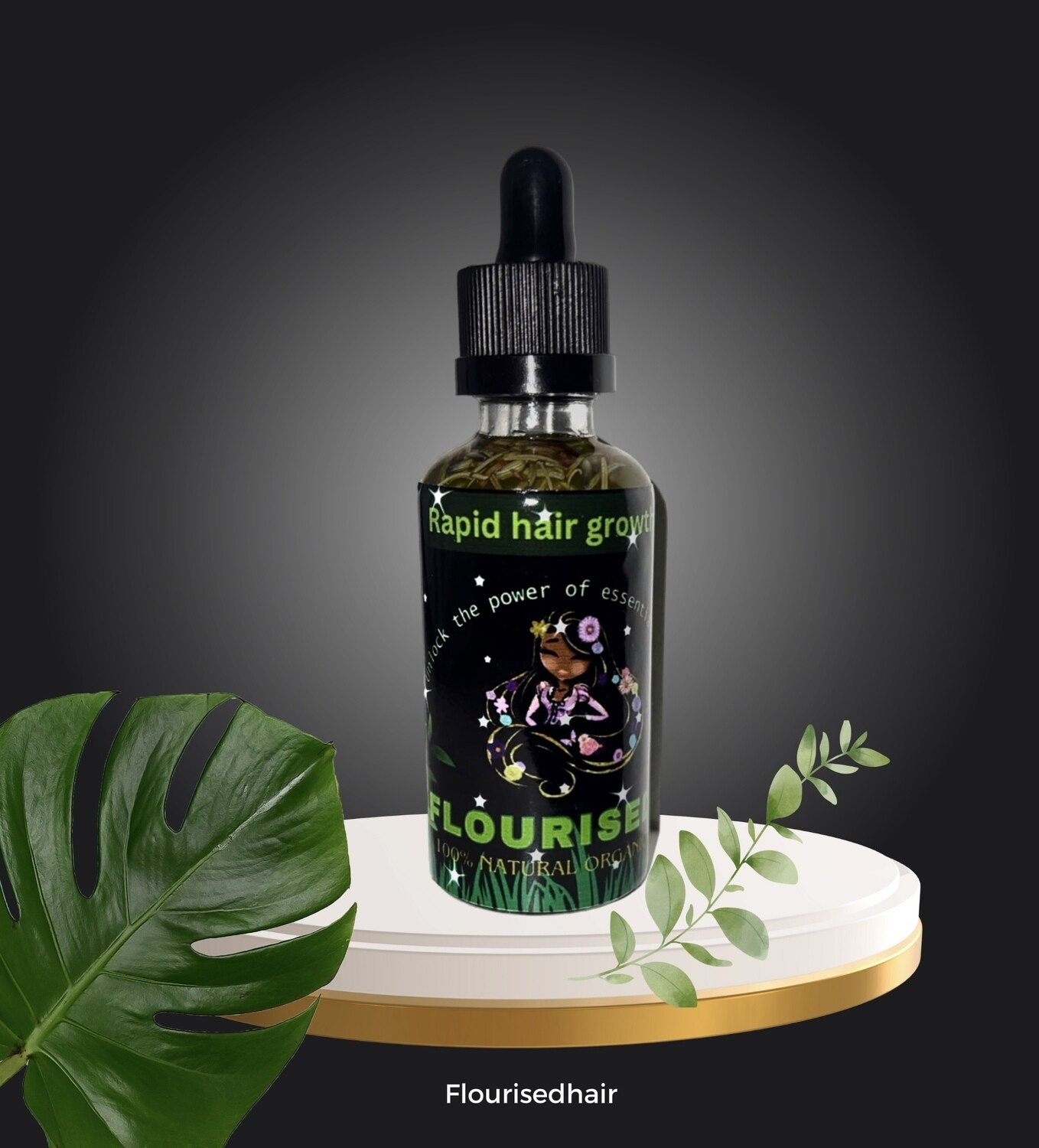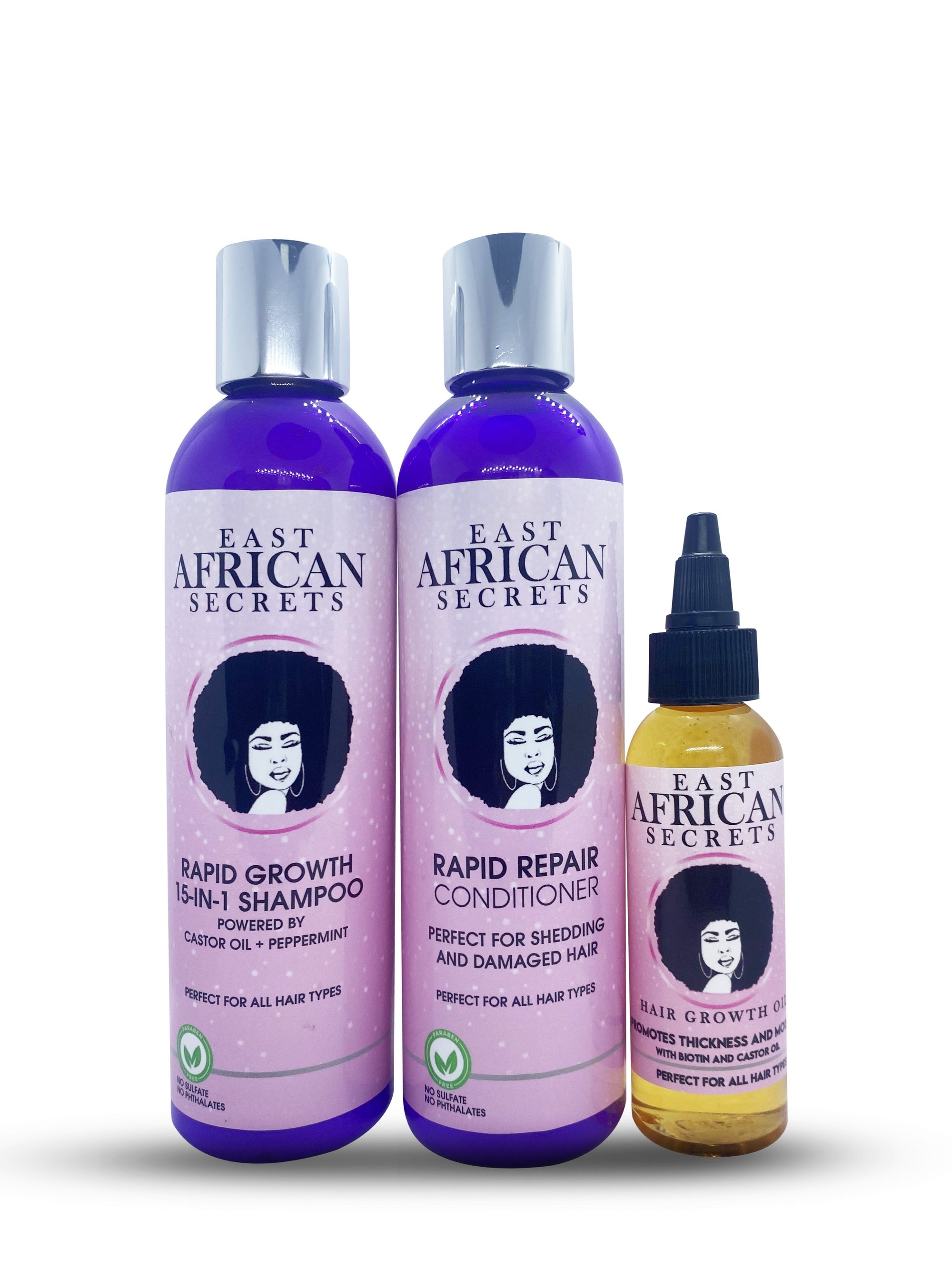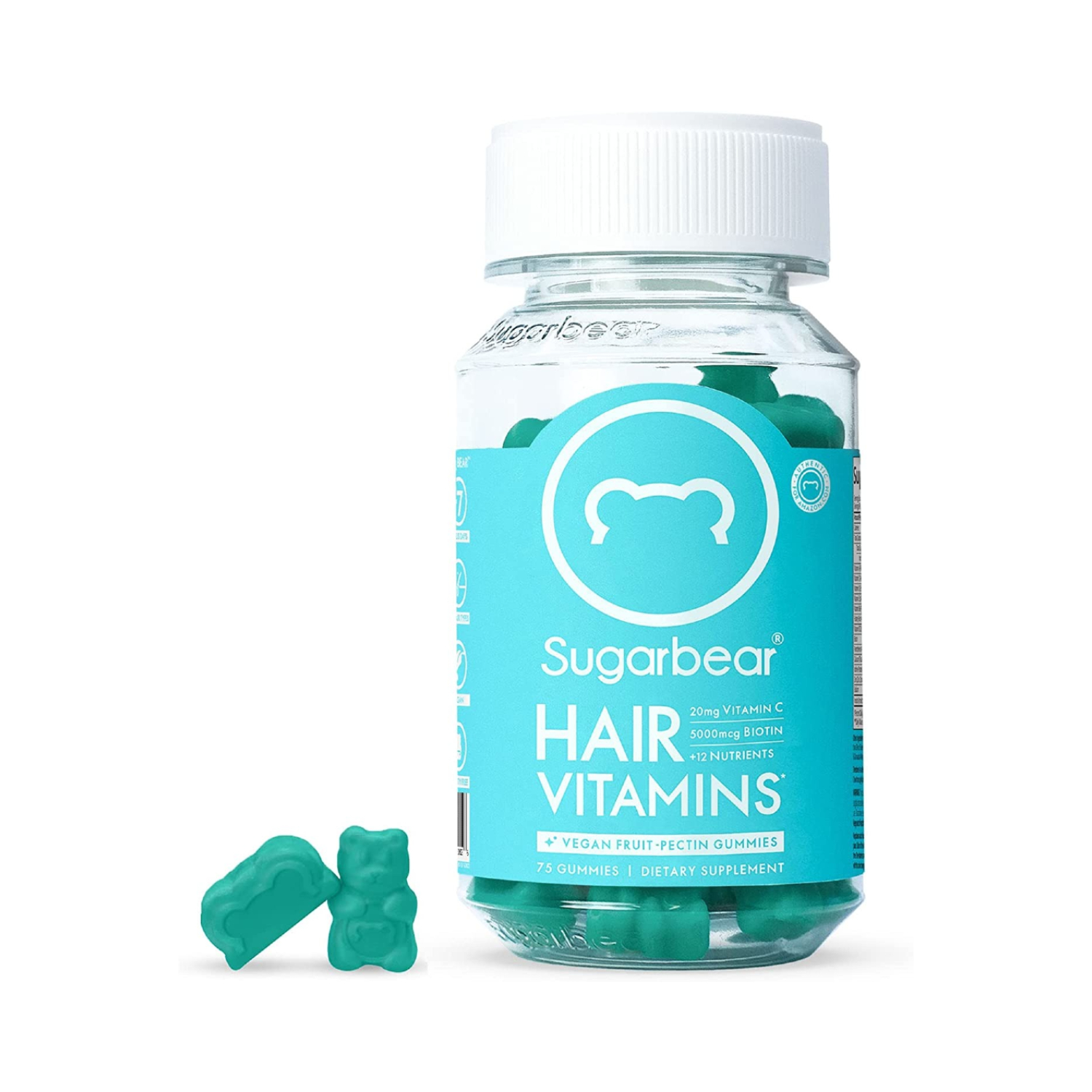Hair Growth Products: The Ultimate Guide To Unlocking Your Hair's Potential
**Let’s be real, folks. Hair growth products have become a hot topic in the beauty and wellness world. Whether you're dealing with thinning hair, post-chemo regrowth, or just trying to grow out that buzz cut, there’s a whole market out there claiming to have the answer. But how do you know what actually works? In this guide, we’re diving deep into the science, the hype, and the real results behind hair growth solutions.**
Now, before we get into the nitty-gritty, let’s set the scene. Hair loss affects millions of people worldwide, and it’s not just about vanity. For some, it’s a sign of deeper health issues, while for others, it’s simply a part of aging. Whatever the reason, the desire for fuller, healthier hair is universal. That’s where hair growth products come in – promising thicker strands, faster growth, and restored confidence.
But here’s the kicker: not all products are created equal. Some are backed by science, while others are little more than snake oil. In this article, we’re going to break it all down for you, so you can make an informed decision without wasting your hard-earned cash. Let’s get to it!
- Ullu Web Series Watch Download Offline Now Top Picks
- Connie Kline Jamie Foxxs Ex Corinne Foxxs Mom What To Know
Table of Contents
- What Are Hair Growth Products?
- Types of Hair Growth Products
- The Science Behind Hair Growth
- The Best Hair Growth Products
- Biological Factors Affecting Hair Growth
- Common Myths About Hair Growth
- Tips for Using Hair Growth Products
- Natural Alternatives to Hair Growth Products
- Safety Considerations
- Final Thoughts
What Are Hair Growth Products?
Hair growth products are formulated to stimulate hair follicles, promote healthier hair, and, ultimately, encourage faster growth. These products come in various forms, from shampoos and serums to supplements and even high-tech gadgets. But what exactly do they do? At their core, these products aim to tackle the root causes of hair loss – literally.
Now, here’s where it gets interesting. Some products focus on improving blood circulation to the scalp, which can help deliver essential nutrients to hair follicles. Others contain active ingredients like minoxidil or biotin, which have been scientifically proven to boost hair growth. But with so many options on the market, how do you choose the right one for you?
Why Are Hair Growth Products Important?
For many, hair is more than just a physical feature – it’s a symbol of identity and self-expression. When hair starts thinning or falling out, it can take a toll on confidence and mental well-being. That’s why hair growth products have become such a big deal. They offer hope to those who feel like they’ve lost control over their appearance.
But here’s the thing: not all products deliver on their promises. That’s why it’s crucial to do your research and understand what works and what doesn’t. In the next section, we’ll break down the different types of hair growth products and what they’re designed to do.
Types of Hair Growth Products
When it comes to hair growth products, the options are endless. From over-the-counter solutions to prescription treatments, there’s something for everyone. Let’s take a closer look at the most popular types:
- Shampoos: These are formulated to cleanse the scalp while promoting hair growth. Ingredients like ketoconazole and caffeine are often included to stimulate follicles.
- Serums: Applied directly to the scalp, serums penetrate deep into the skin to deliver active ingredients like minoxidil or peptides.
- Supplements: Packed with vitamins and minerals like biotin, zinc, and iron, supplements aim to nourish hair from the inside out.
- Gadgets: Devices like laser caps and LED masks claim to boost circulation and stimulate hair growth using light therapy.
Each type of product has its own set of benefits and drawbacks. For example, shampoos are easy to use but may not deliver the same level of potency as serums or supplements. On the other hand, gadgets can be expensive and require consistent use to see results. It’s all about finding what works best for your specific needs.
The Science Behind Hair Growth
Before we dive into the best hair growth products, it’s important to understand the science behind how hair grows. Hair goes through three main phases: anagen (growth phase), catagen (transition phase), and telogen (resting phase). During the anagen phase, hair follicles are actively producing new hair cells, which is why this is the ideal time to use growth-stimulating products.
But what factors can disrupt this process? Stress, poor diet, hormonal imbalances, and genetic predispositions can all contribute to hair loss. That’s why many hair growth products are designed to address these underlying issues. For example, minoxidil works by widening blood vessels and increasing blood flow to the scalp, while biotin supports keratin production, which is essential for strong, healthy hair.
Key Ingredients to Look For
When shopping for hair growth products, keep an eye out for these key ingredients:
- Minoxidil: A topical solution that’s FDA-approved for treating hair loss.
- Biotin: A B-vitamin that promotes keratin production and strengthens hair.
- Ketoconazole: An antifungal ingredient that reduces inflammation and improves scalp health.
- Peptides: Short chains of amino acids that stimulate collagen production and hair growth.
These ingredients have been extensively researched and proven effective in clinical trials. But remember, what works for one person may not work for another. It’s all about finding the right combination for your unique needs.
The Best Hair Growth Products
Now that you know what to look for, let’s talk about the best hair growth products on the market. Based on user reviews, scientific studies, and expert recommendations, here are some top contenders:
1. Rogaine (Minoxidil)
Rogaine is one of the most well-known hair growth products, and for good reason. This FDA-approved solution contains minoxidil, which has been shown to stimulate hair growth in both men and women. It’s available in foam and liquid formulations, making it easy to apply.
2. Nutrafol
Nutrafol is a supplement designed to support hair growth from the inside out. It contains a blend of natural ingredients like ashwagandha, reishi mushroom, and saw palmetto, which work together to reduce stress and inflammation while promoting healthier hair.
3. Revita Clinical Shampoo
This ketoconazole-infused shampoo is specifically formulated to improve scalp health and promote hair growth. It’s sulfate-free and gentle enough for daily use, making it a great option for those with sensitive scalps.
Biological Factors Affecting Hair Growth
While hair growth products can be incredibly effective, it’s important to understand the biological factors that influence hair growth. Genetics, hormones, and overall health all play a role in how fast and thick your hair grows. For example, androgenetic alopecia, or male-pattern baldness, is caused by a sensitivity to dihydrotestosterone (DHT), a hormone that shrinks hair follicles over time.
Other factors, like thyroid disorders and nutrient deficiencies, can also contribute to hair loss. That’s why it’s crucial to address any underlying health issues before relying solely on hair growth products. In some cases, consulting a dermatologist or trichologist may be necessary to get to the root of the problem.
Common Myths About Hair Growth
There’s no shortage of myths and misconceptions when it comes to hair growth. Let’s debunk a few of the most common ones:
- Shaving Makes Hair Grow Faster: This is a big no. Shaving doesn’t affect the growth rate or thickness of hair. It just makes the strands appear thicker and darker as they grow back.
- Hats Cause Hair Loss: Wearing a hat won’t make you go bald. However, if the hat is too tight and restricts blood flow to the scalp, it could potentially cause issues.
- Brushing Stimulates Growth: While brushing can improve circulation to the scalp, it won’t magically make your hair grow faster. Excessive brushing, on the other hand, can lead to breakage.
By separating fact from fiction, you can make more informed decisions about your hair care routine.
Tips for Using Hair Growth Products
Now that you know which products to try, here are some tips for getting the most out of them:
- Be Consistent: Hair growth takes time, so stick with a product for at least 3-6 months before expecting results.
- Follow Instructions: Whether it’s applying a serum or taking a supplement, make sure you’re using the product as directed.
- Combine Treatments: Sometimes, using multiple products or treatments can yield better results than relying on just one.
Remember, patience is key. Hair growth isn’t an overnight process, so don’t get discouraged if you don’t see immediate results.
Natural Alternatives to Hair Growth Products
Not everyone wants to rely on synthetic ingredients or expensive gadgets. If you’re looking for a more natural approach, here are some alternatives to consider:
1. Scalp Massages
Massaging your scalp can improve blood circulation, which may help stimulate hair growth. Try doing it for 5-10 minutes a day using circular motions.
2. Essential Oils
Oils like rosemary, lavender, and peppermint have been shown to promote hair growth in some studies. Just be sure to dilute them with a carrier oil before applying to your scalp.
3. Balanced Diet
Eating a diet rich in protein, vitamins, and minerals can support healthy hair growth. Foods like eggs, spinach, and fatty fish are great options.
Safety Considerations
While hair growth products can be effective, it’s important to use them safely. Always read the label and consult with a healthcare professional if you have any concerns. Some products may cause side effects, such as scalp irritation or allergic reactions, so it’s essential to patch test before using them extensively.
Additionally, be wary of products that make unrealistic claims or promise instant results. If something sounds too good to be true, it probably is. Stick with reputable brands and products that have been scientifically tested for safety and efficacy.
Final Thoughts
So, there you have it – the ultimate guide to hair growth products. From understanding the science behind hair growth to exploring the best products on the market, we’ve covered everything you need to know to make an informed decision. Remember, there’s no one-size-fits-all solution when it comes to hair growth. It’s all about finding what works for you and sticking with it.
Before we wrap up, here’s a quick recap:
- Hair growth products come in various forms, including shampoos, serums, supplements, and gadgets.
- Key ingredients like minoxidil, biotin, and peptides have been proven effective in clinical studies.
- Biological factors like genetics and hormones can influence hair growth, so it’s important to address any underlying health issues.
- There are natural alternatives to hair growth products, such as scalp massages and essential oils.
Now, it’s your turn. Have you tried any hair growth products that worked for you? Share your experiences in the comments below and help others on their journey to healthier hair. And don’t forget to share this article with anyone who might find it helpful. Together, let’s unlock the secret to fuller, thicker hair!



Detail Author:
- Name : Kathleen Moen
- Username : lorna.keeling
- Email : fbednar@romaguera.com
- Birthdate : 1989-01-01
- Address : 3828 Rodolfo Lodge Apt. 965 New Cloydville, PA 26517
- Phone : +1-531-832-5336
- Company : Pacocha LLC
- Job : Insulation Worker
- Bio : Repellendus voluptas ut iusto. Minus inventore nam quasi reprehenderit culpa suscipit. Ut ea tempora deserunt animi et a architecto.
Socials
instagram:
- url : https://instagram.com/adrianna_kilback
- username : adrianna_kilback
- bio : Eum nam totam eum aut. Molestiae tempore non et. Ad molestias enim quam enim et magnam.
- followers : 218
- following : 1269
linkedin:
- url : https://linkedin.com/in/adrianna_kilback
- username : adrianna_kilback
- bio : Quia non ut facere sed.
- followers : 182
- following : 210
tiktok:
- url : https://tiktok.com/@adrianna8999
- username : adrianna8999
- bio : Et inventore commodi expedita nemo quia qui praesentium.
- followers : 4764
- following : 1831
facebook:
- url : https://facebook.com/adrianna_kilback
- username : adrianna_kilback
- bio : Recusandae error perferendis sunt quae amet. Aut fugit explicabo occaecati aut.
- followers : 3129
- following : 2072
twitter:
- url : https://twitter.com/adrianna_official
- username : adrianna_official
- bio : In eum illum earum maxime autem. Sequi veniam quia natus nesciunt non.
- followers : 210
- following : 418